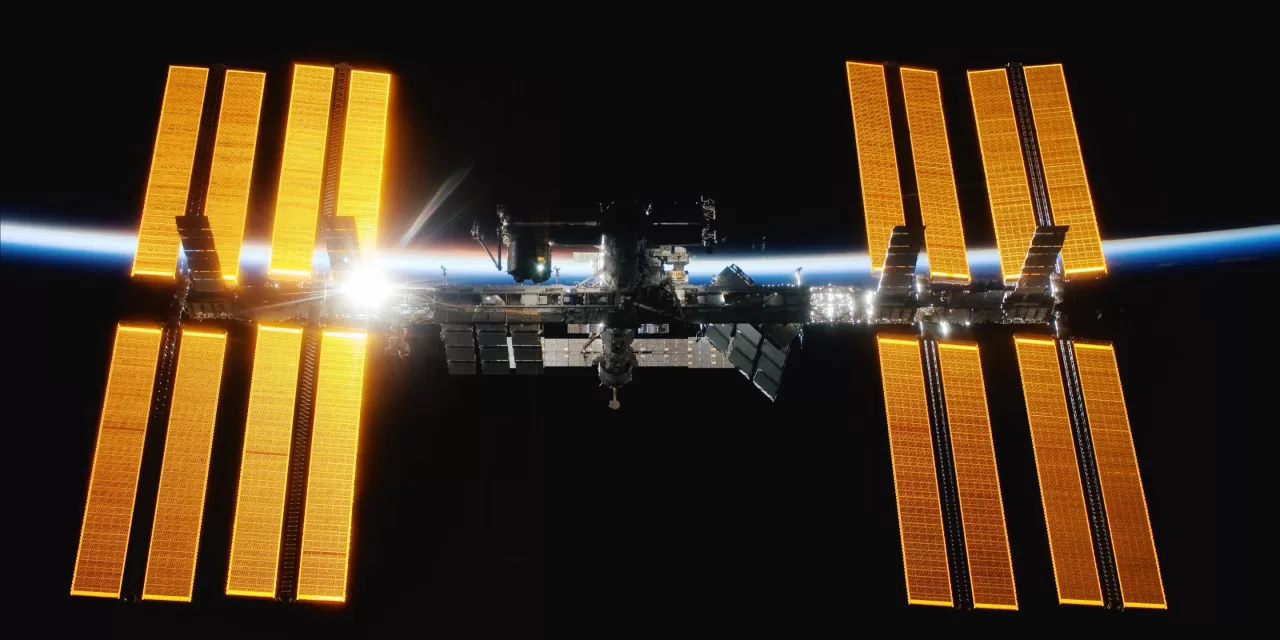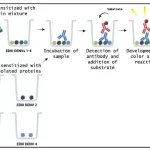November 6, 2024 – As humanity explores the final frontier, health researchers are venturing into the unknown to better understand the effects of space on the human body. A groundbreaking experiment launched aboard the International Space Station (ISS) this week aims to shed light on how spaceflight impacts blood health—particularly the formation of blood clots—paving the way for better treatments both in space and here on Earth.
For decades, scientists have been aware that astronauts are at a higher risk for developing blood clots during missions, particularly as mission durations increase. With extended stays in microgravity and heightened exposure to cosmic radiation, astronauts’ health is significantly challenged. Now, an ambitious collaboration between NASA astronauts and a team of researchers led by Dr. Matthew Rondina at the University of Utah Health and Dr. Hansjorg Schwertz from Billings Clinic is working to investigate this issue in real-time aboard the ISS.
“We believe that the longer astronauts are in space, the greater the risk of developing blood clots,” says Dr. Rondina, a professor of internal medicine and pathology. “Understanding this risk and finding ways to mitigate it is critical for the health of astronauts on future missions, especially as we look to send humans on longer journeys to places like Mars.”
Investigating Platelet and Clotting Mechanisms
The focus of the research is on platelets, cells that play a key role in the clotting process, and megakaryocytes, bone marrow cells that produce platelets. The team is studying how space exposure alters the behavior and gene activity of these cells, which could provide insight into why astronauts are more susceptible to clotting. Blood clots in space could be especially dangerous, as treating them in such an isolated environment would be challenging.
Dr. Schwertz, who is leading the project alongside Dr. Rondina, stresses the importance of preventing blood clots in space. “In space, you don’t want astronauts developing any occlusive thrombi [blood clots],” he explains. “Such conditions require significant logistical support and treatment, and preventing them is key.”
From Earth to Space
The research launched on November 4, 2024, when a batch of blood cells was sent into orbit aboard a spacecraft to the ISS. This follows years of preparation, where ground-based experiments simulated the conditions astronauts face in space. Researchers have already exposed blood cells to simulated cosmic radiation and grown them in microgravity environments on Earth to mimic the conditions aboard the ISS. These simulations have shown changes in the gene expression related to inflammation, immune regulation, and energy production in platelets.
However, as Dr. Rondina points out, no simulation can perfectly replicate the real conditions of space, so testing aboard the ISS is crucial. “While our ground-based experiments are the best we can do on Earth, we need to see how these cells respond to the real microgravity and radiation environment in space,” he says. “We’ll be working in real time with the astronauts to ensure we can track any changes in platelet function and gene activity.”
Real-Time Collaboration with Astronauts
Once the experiment is underway in space, the ground team will maintain a close collaboration with the astronauts aboard the ISS, ensuring that the research is conducted as precisely as possible. This will involve running control experiments on Earth that mirror the space experiments, making it easier to discern the true effects of the space environment on blood cells.
In addition to studying blood clots, the researchers also hope to better understand how platelets impact the immune system, as platelet dysfunction could play a role in various immune disorders. Insights from this research could lead to novel therapies for diseases related to blood clotting and immune system regulation.
Looking to the Future
Dr. Rondina notes that the potential benefits of this research go far beyond the space environment. “The knowledge we gain from studying how space affects blood cells could have significant implications for medical treatments here on Earth. By understanding the genes and pathways that regulate platelet production, we could uncover new ways to treat clotting disorders and even immune system diseases.”
After years of preparation, the launch of this experiment to the ISS is a major milestone for the team. “It’s like saying goodbye to a family member,” says Dr. Schwertz, reflecting on the excitement and anticipation of the research finally reaching space. “There’s a mix of sadness and excitement, but we are incredibly grateful for how everything has come together.”
As space exploration continues to advance, the lessons learned from this research may not only improve the health of astronauts but could also lead to new medical breakthroughs that benefit people around the world.











